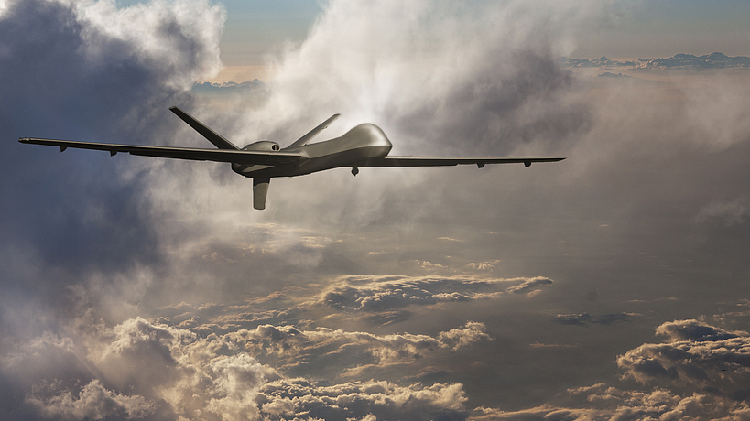Trial Operation Begins for China's First '4S Store' for Drones
China has launched its first '4S store' dedicated to drones, which has now entered the trial operation phase. This innovative retail concept aims to provide a comprehensive one-stop service for drone enthusiasts, offering sales, spare parts, service, and support all under one roof. The initiative represents a significant step in the country's growing drone industry, catering to both recreational users and professional applications.

The "4S store," officially titled the Low-Altitude Economy Intelligent Equipment Exhibition and Sales Center, began its trial operations on Thursday, as reported by the Chengdu Daily on Friday.
Managed by the "Sky Eye" testing base located in Pengzhou, approximately 70 kilometers from Chengdu, the capital of Sichuan Province, this center is designed to mirror traditional automobile 4S stores. It offers various services, including drone sales, maintenance, spare parts, and information.
Additionally, the center provides complementary services such as drone insurance, financial assistance, public education, and forum activities. So far, 32 companies associated with drones have committed to establishing their operations within the center.
"Here, you can purchase a wide variety of drones with comprehensive functions at competitive prices, while also experiencing a one-stop 'buy and try' service," remarked Zhou Xiaoming, the head of "Sky Eye."
Despite the advancement of the drone industry in China, challenges such as finding test-flight locations and securing airspace approvals have persisted.
Situated in the Longmen Mountain range, "Sky Eye" features airspace with an elevation below 1,200 meters and a radius of 5 kilometers, where various types of drones carry out multiple test missions daily.
On December 8, 2017, "Sky Eye" obtained approval for airspace use, marking the formal establishment of the first civil UAV flight base in southwest China.
In August 2022, "Sky Eye" was recognized as a national civil UAV testing base, which permitted trial flights to be reported just one hour in advance. This innovative change transitioned airspace management in China from an "approval system" to a "notification system," effectively meeting the increasing demand for airspace use, lowering user costs, and boosting operational efficiency, as cited in the newspaper report.
Currently, "Sky Eye" includes 10 test-flight locations and 19 low-altitude economic application scenarios, making it the largest among 20 national testing bases in China by quantity.
It has attracted 132 entities involved in drone research and development, production, mission payloads, and system management, significantly contributing to the growth of Sichuan's low-altitude economy.
The drone industry in China has seen rapid development, with nearly 608,000 UAVs newly registered in the first half of 2024, reflecting a 48 percent increase from the end of 2023, according to data released by the Civil Aviation Administration of China in July.
In terms of operations, the cumulative flight time of UAVs reached nearly 9.82 million hours in the first half of the year, up by 134,000 hours compared to the same period last year.
Fueled by technological advancements, China’s low-altitude economy is rapidly expanding. A report from a research institute under the Ministry of Industry and Information Technology of China indicated that the sector's value reached 505.95 billion yuan in 2023 and is expected to exceed 1 trillion yuan by 2026.
Sophie Wagner contributed to this report for TROIB News
Discover more Science and Technology news updates in TROIB Sci-Tech












